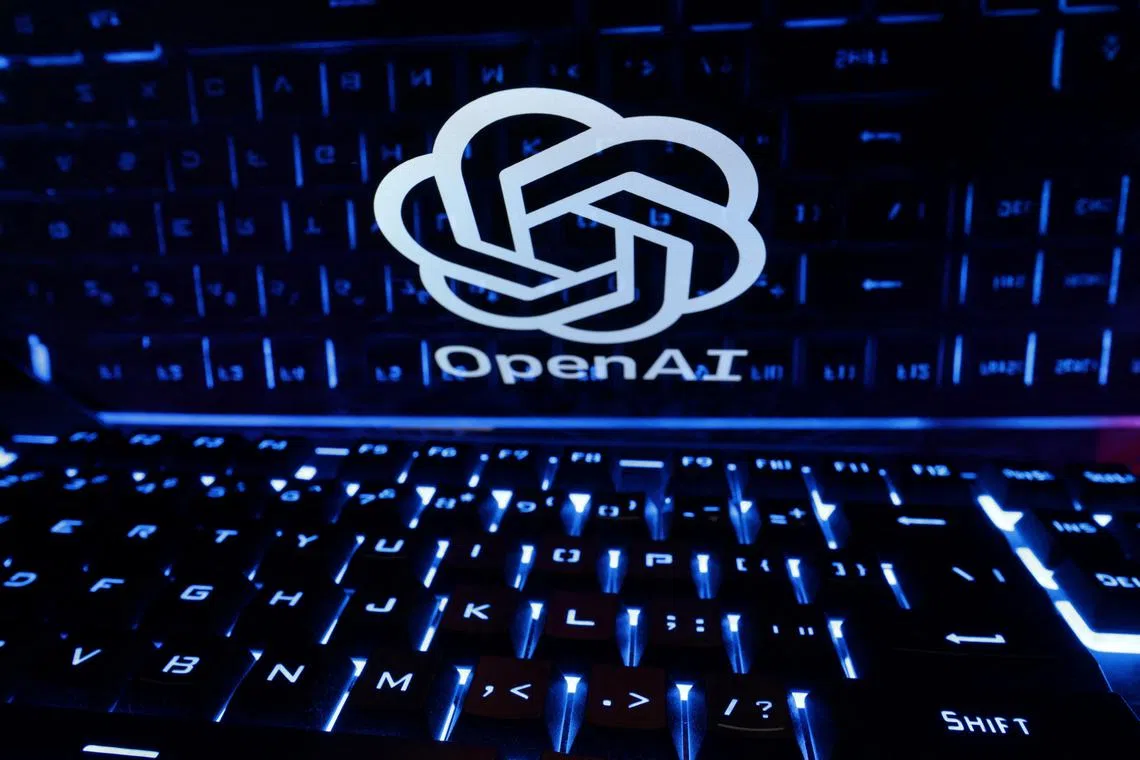For subscribers
GPT-4 could turn work into a hyper-productive hellscape
OpenAI’s amped-up chatbot won’t replace a lot of jobs, but it will force us all to boost our output
Sign up now: Get ST's newsletters delivered to your inbox

Powerful AI systems are not going to replace large swaths of workers, but they will put them under greater pressure to be faster and more productive.
PHOTO: REUTERS
OpenAI has announced a major upgrade to the technology that underpins ChatGPT, the seemingly magical online tool that professionals have been using to draft e-mails, write blog posts and more. If you think of ChatGPT as a car, the new language model known as GPT-4
This is the fun part of unleashing a powerful language model to the public – the honeymoon period. But what are the long-term consequences? OpenAI (once again) has not disclosed the datasets it used to train GPT-4, so that means researchers cannot scrutinise the model to determine how it might inadvertently manipulate or misinform people. More broadly though, it ushers in a new era of hyper-efficiency, where professionals will have to work smarter and faster – or perish.


